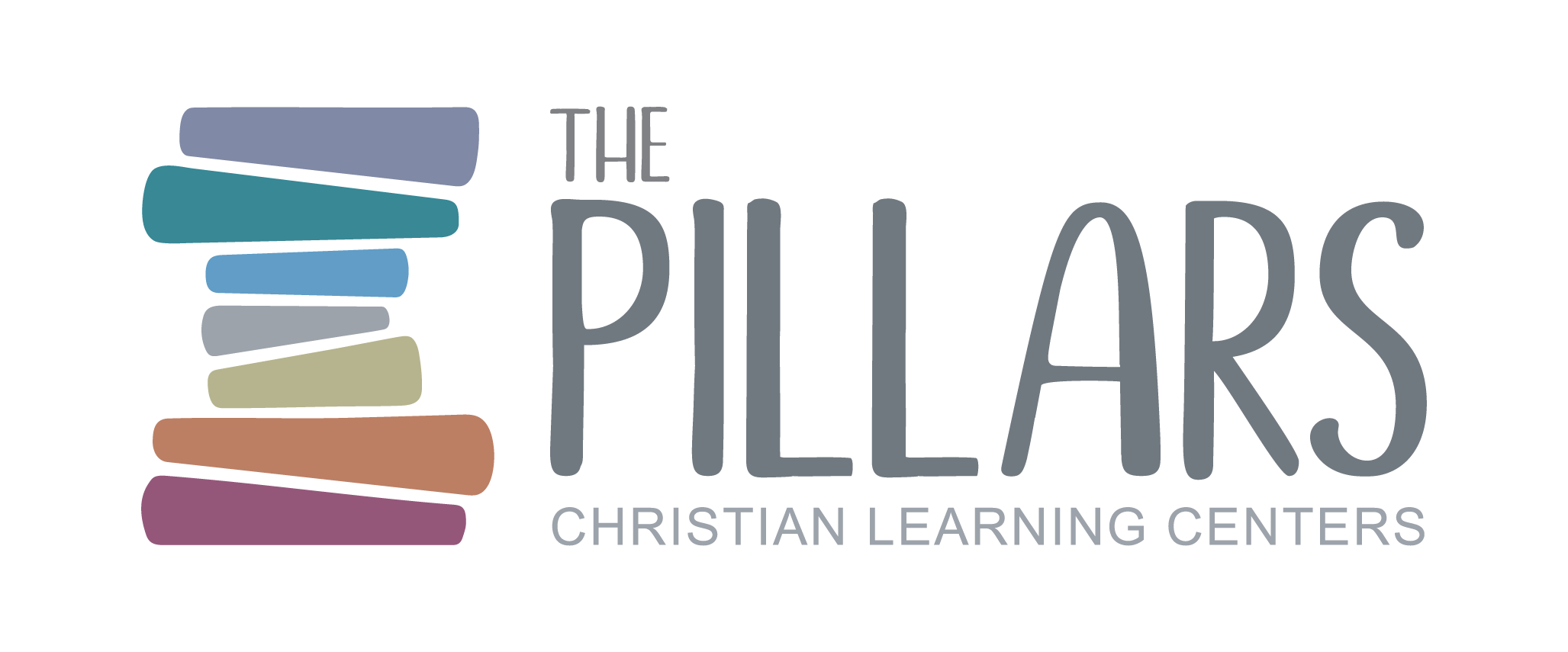Do you remember playing hours and hours outside after school? How about how much fun you had playing with your friends during recess? What about the times on the weekends when you got together with neighborhood friends to play? All of those different times that you remember playing were possibly a different type of play that are beneficial to early childhood development. In the previous blog, we discussed how important playing is for early learning and development. Now, we will talk about different varieties of play and what they can learn from each. When so much focus is put on traditional education, which is incredibly important as well, attention also needs to be paid to the importance of playtime for children. At The Pillars Christian Learning Center, we promote a healthy playtime in order for your children to develop certain skills.
Unoccupied Play
This isn’t always obvious to parents or caretakers because a child isn’t actively playing, but simply engaged in random movement. Even though a child isn’t playing with a truck or throwing a ball, this is still an important stage to be ready for future, more active playing.
Independent Play
This is a common type of play for younger children or toddlers who don’t have the necessary communication skills in order to play with others. At this time, kids are able to entertain themselves and remain self-sufficient. Often, children who are shy tend to enjoy independent play which can aid in developing social  skills and interpersonal skills later on.
skills and interpersonal skills later on.
Onlooker Play
This can be worrisome for parents when they see their child playing by themselves. However, it is simply a stage of their personal development. Children often lack appropriate vocabulary for them to play with others. Observing others play is also a way for them to learn from other’s behavior.
Parallel Play
Give two children some crayons and a couple coloring books, they will sit and play happily side by side, rather than with each other. Each is able to play within their own space and work on their own page as well as observe and mimic the other’s behavior. Children will learn how to take turns in this type of play.
Associative Play
This is a combination of independent and parallel play. Such as when children are playing with building blocks together. They may be working on their own structures but will interact with each other and ask questions. This is a great opportunity for the children to learn language development.
Cooperative Play
When social and communication skills come together, children begin to play together. This is typically a stage for older preschoolers. Whether they are working on a board game, a puzzle, or playing in a group outside, they can begin to enhance certain skills that will help interactions with other children in the future.
These six types of play are all fundamental in early childhood development. All types are necessary parts of learning and are crucial in the development of future social skills. Future types of play include dramatic, competitive, physical, and constructive play which children mature into as they grow older. At The Pillars Christian Learning Center, we strive to allow your children to play and grow in a natural way, as well as providing them a traditional education in a faith-based organization. Our learning center can’t wait to give the best care and attention to your children.
